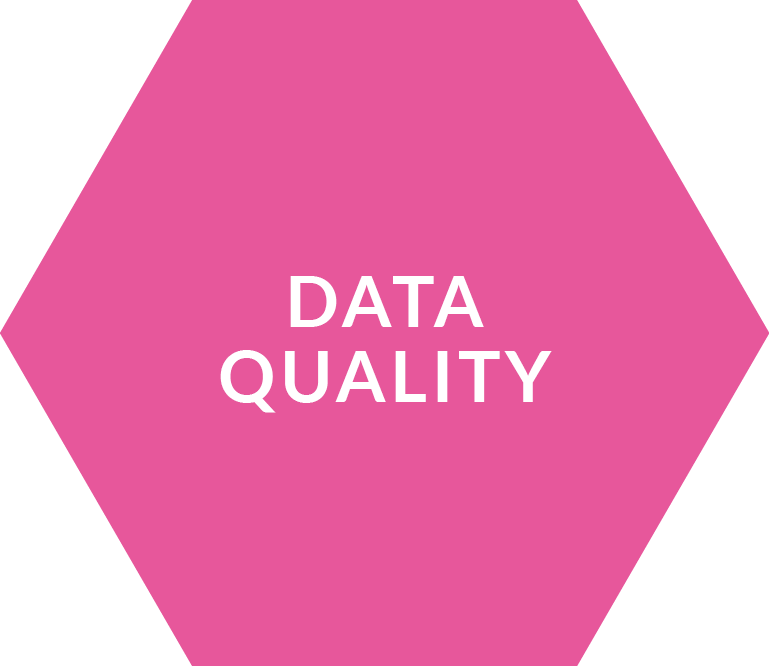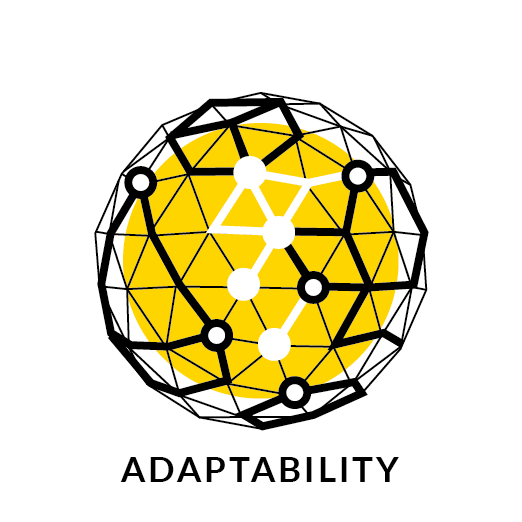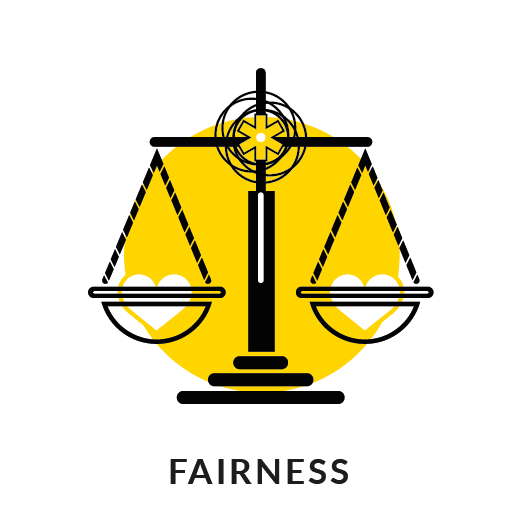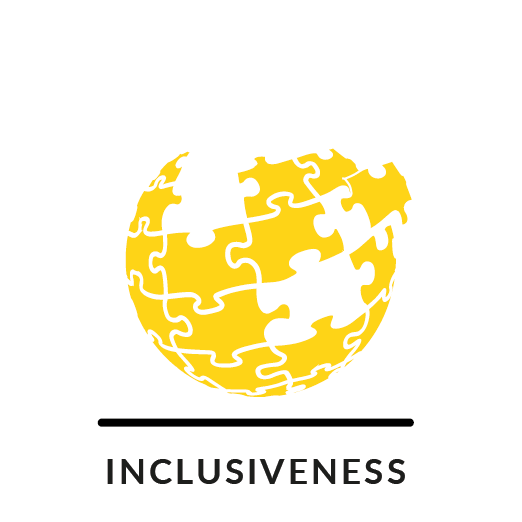How data quality is assessed depends on what the data is used for, how and why it was derived, and how it fits with other information it is being used with — standards of practice that are likely different between different stakeholders within a collaborative information management system. Data quality, thus, is not just as simple as asking whether the data match reality, but requires questions about whether the data fits intended use, is aligned with the problem at hand, matches expected meaning, and can be reliable for the current task. Paying close attention to the completeness and accuracy of data will be required in order to fulfil the citizen rights provisions of the GDPR. Furthermore, ensuring data quality will also support the duty to ensure that data is interoperable, thus upholding duties under the right to data portability.
Guiding Questions
How can data quality be assured in a way that meets a diversity of stakeholder perspectives?
How is data determined as fit for the purpose of the collaboration?
How do you maintain data quality over time?
What procedures do you have in place to ensure the completeness and accuracy of gathered and stored data?






